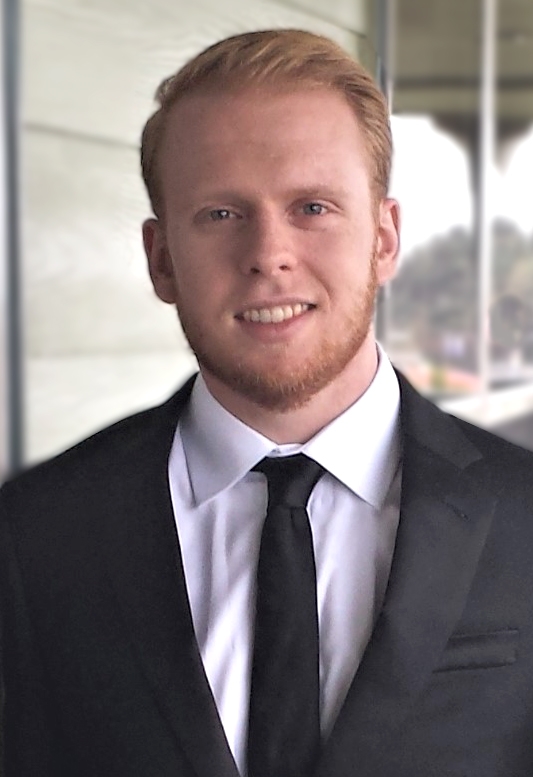An industrial engineering graduate student's research into vehicle routing during natural disasters recently took him to the Pacific Northwest for an internship with a national laboratory.
Industrial Engineering master's student Andrew Alseth recently completed an internship with the Pacific Northwest National Laboratories (PNNL) in Richland, Washington. The experience was funded through a National Science Foundation INTERN supplemental funding award.
The program provides graduate students opportunities to enhance their skillsets for careers outside academia. To apply for an INTERN supplement, a principal investigator must be supporting graduate students through an active NSF award. Ashlea Milburn, associate professor of industrial engineering and Alseth faculty adviser, met this criterion with her NSF CAREER Award, received in 2016.
Alseth's internship with PNNL addressed vehicle routing during natural disasters.
"The goal of the internship was to combine very powerful flood modeling tools developed by PNNL with vehicle routing algorithms developed by Dr. Milburn and myself," Alseth said.
"The routing algorithms address how to route vehicles carrying relief supplies across a disrupted road network, when it cannot be known in advance exactly which components of the network are flooded. Instead, the algorithms rely on probabilistic inputs describing road availability."
Milburn said the work was a natural fit.
"This work presents a perfect synthesis with the PNNL flood modeling tools, as their outputs are used as inputs in our routing models," she said. "They provide realistic estimates of flood depths based on advanced hydrodynamic models. We then use them to predict which road segments will flood and route vehicles accordingly."
The work Alseth carried out fell into three main categories: processing flood models to generate road network availability data, conducting experiments to find shortest paths for vehicles based on road network availability and preparing the research for presentation and publication.
Alseth said the work led to important findings.
"We found some interesting results that show blended flood and routing models can aid first responders to deliver critical supplies like fuel or water to impacted areas more quickly," Alseth said. "We are currently generating additional data and preparing a manuscript for submission to a peer-reviewed journal, as well as a presentation for the American Geophysical Union national conference."
Alseth said the experience was an excellent lesson in working across fields.
"It was truly a multidisciplinary process - one of the PNNL researchers I worked with is a civil engineer focused in flood simulation and analytics, and another is an industrial engineer with a focus in energy system optimization," he said. "I learned a lot about flood modeling and applying the models to real-world locations using Geographic Information System (GIS) tools."
Alseth took GEOS 5543 in the spring 2020 semester in anticipation of the internship and said he was able to directly apply many of the skills learned in the class.
"I highly recommend any industrial engineering student take GEOS 5543/3543," he said. "So many applications have a geospatial factor, and it helps to know how that data is generated, stored and manipulated. Additionally, the course was designed for remote learning, and the Geosciences Department did a great job executing the course."
Topics
Contacts
Tamara Ellenbecker, marketing and communication specialist
Industrial Engineering
479-575-3157, tellenb@uark.edu
Nick DeMoss, director of communications
College of Engineering
479-575-5697, ndemoss@uark.edu
